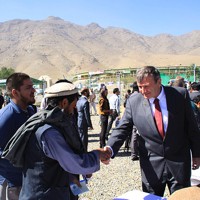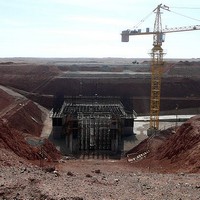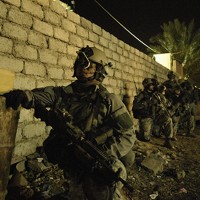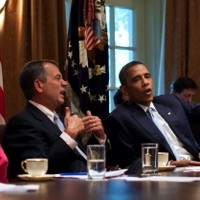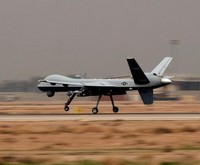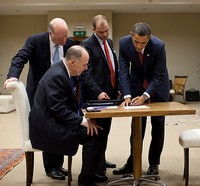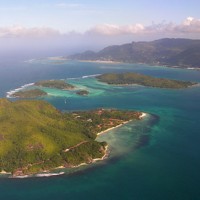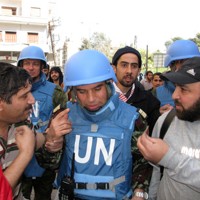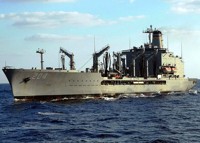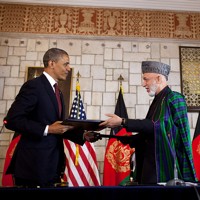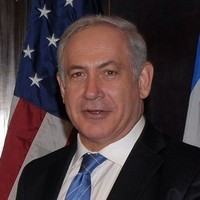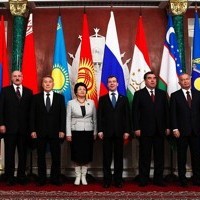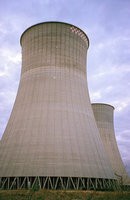
Earlier this month, Abu Dhabi officially green-lighted construction of its first nuclear power plant, under the stewardship of the Korea Electric Power Corporation (KEPCO), at the Braka site located just west of the Emirati capital. The historic construction marks the first nuclear power plant on the Arabian Peninsula and highlights how the oil-flush region has been forced to recalibrate its energy strategy in light of soaring demand for electricity. The move also acts as a soft hedge against the potential weaponization of Iran’s nuclear program, which is a primary security concern for the United Arab Emirates (UAE) and its neighbors […]


